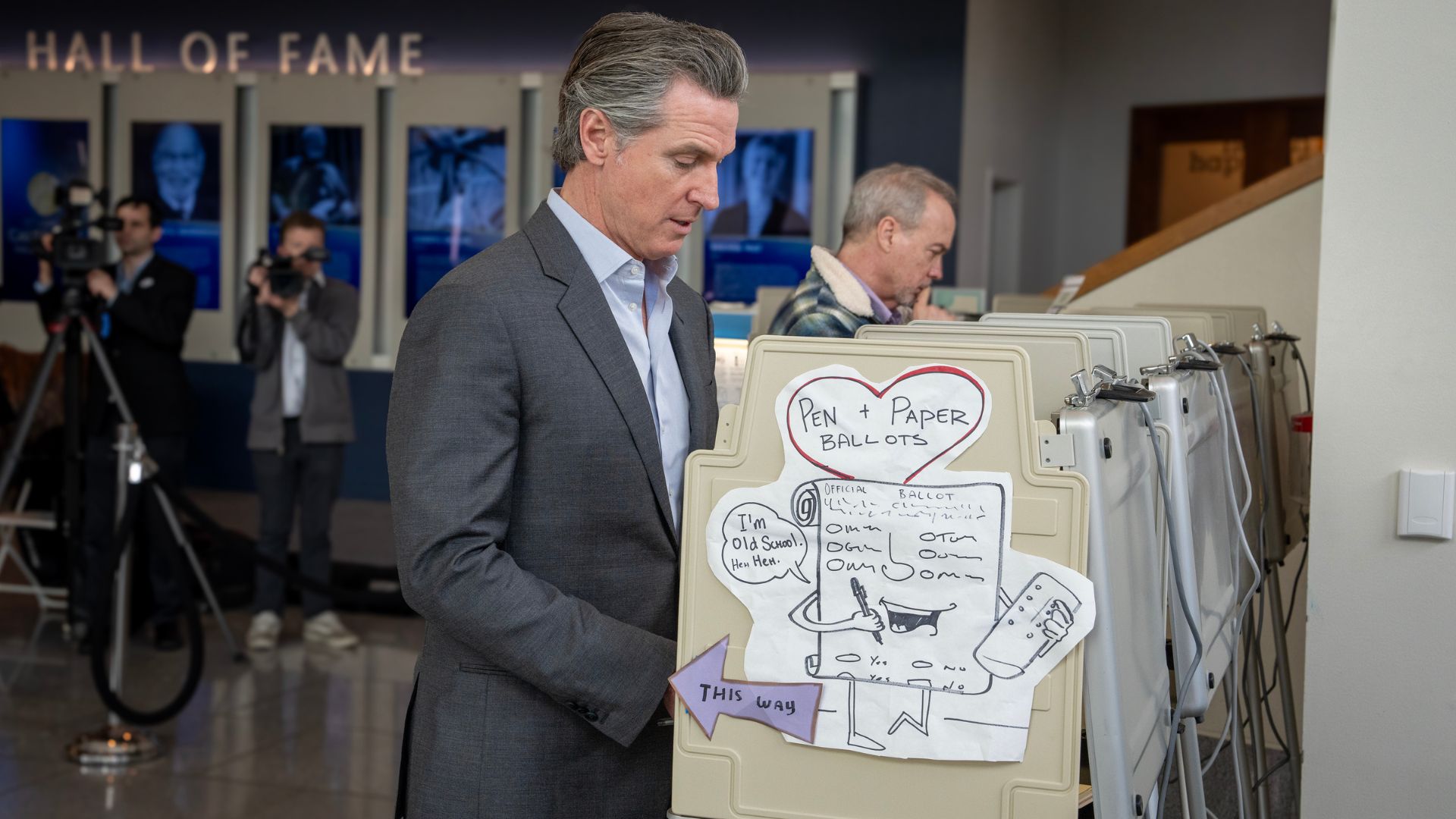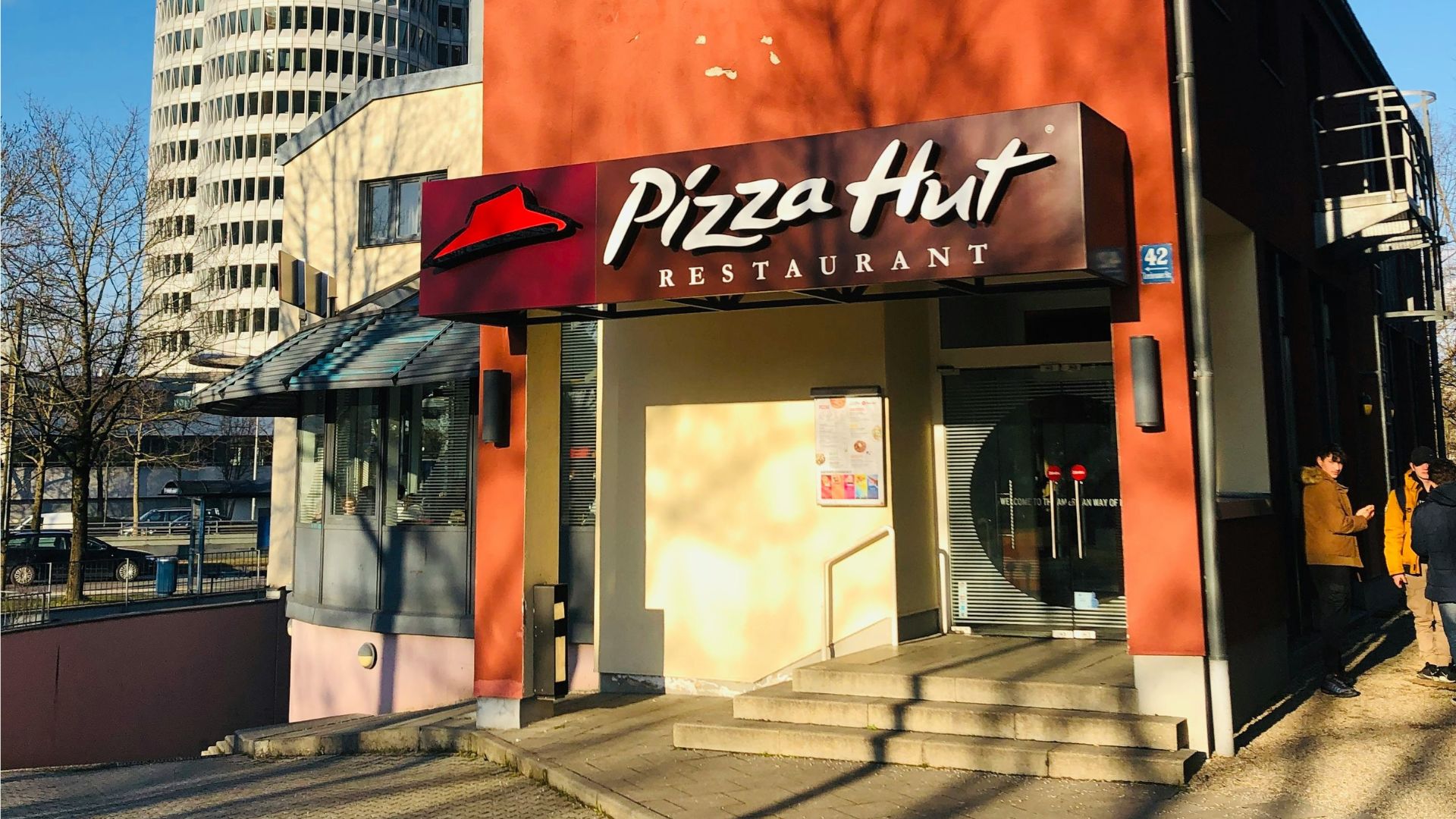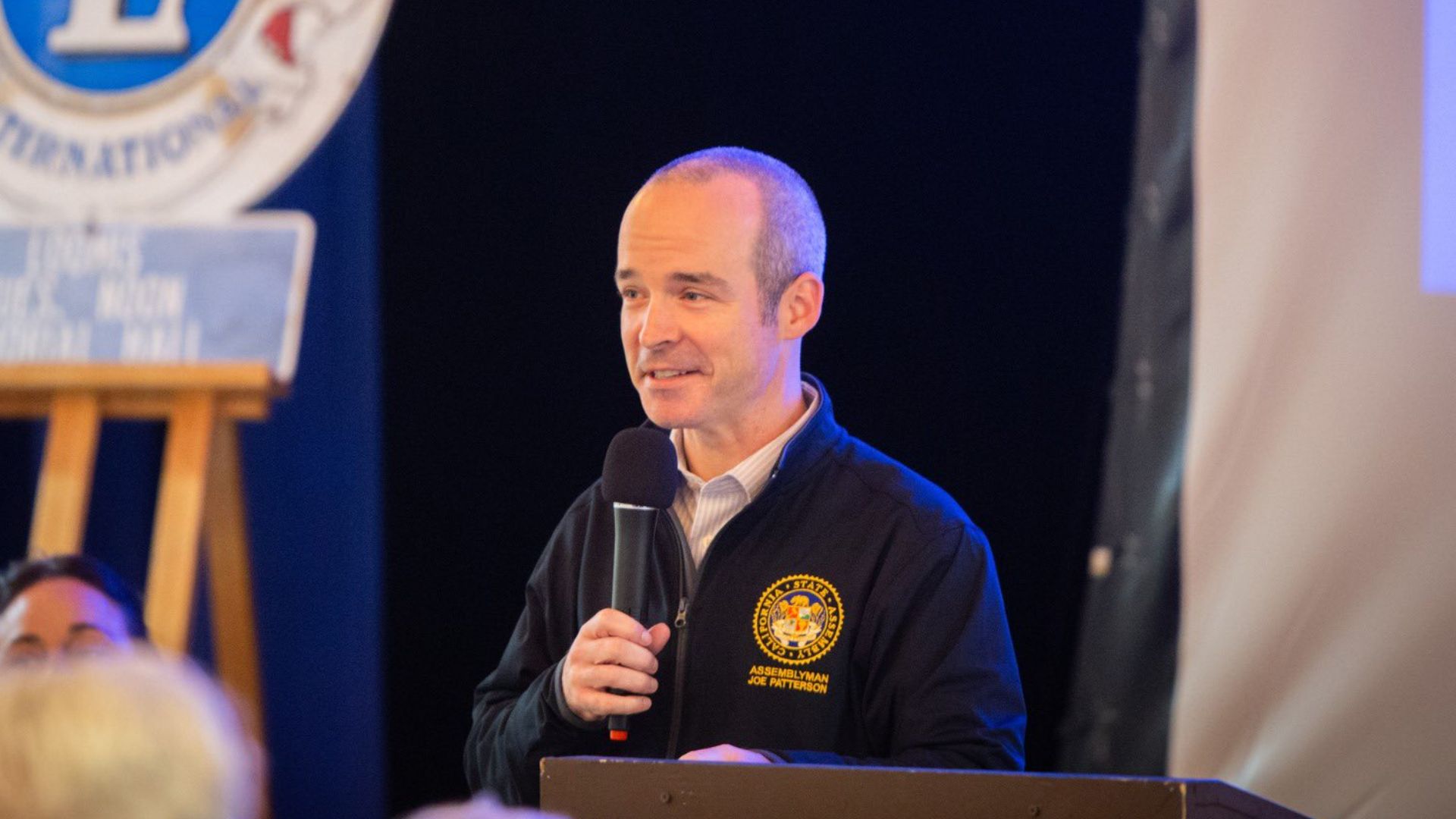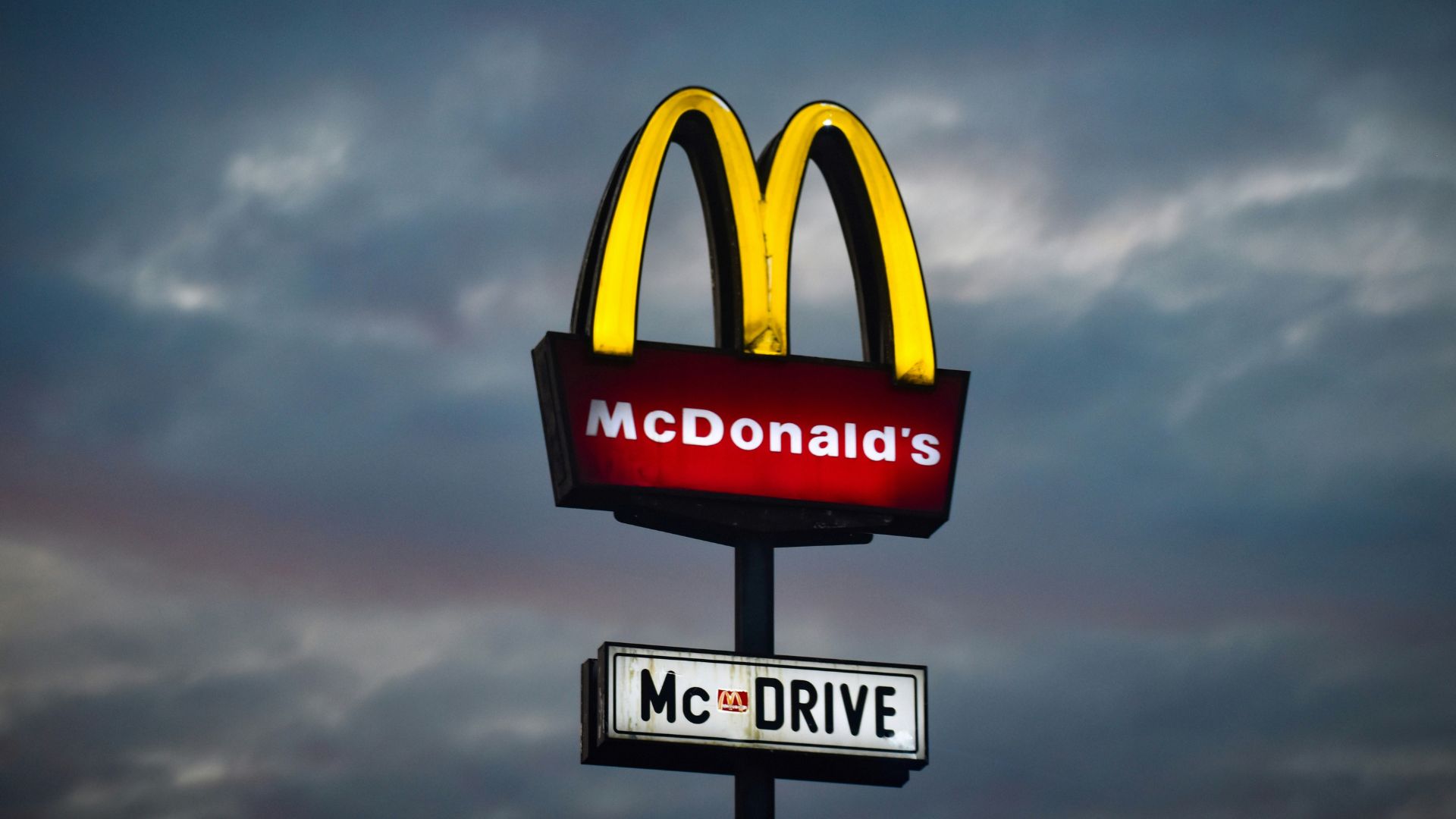Governor Newsom is once again facing criticism after PlumpJack Cafe, a restaurant he co-owns, posted a job advertisement offering $16 per hour, clearly below the state’s new $20 per hour minimum for fast food workers.
The ad that has caused this controversy is for a part-time busser at the Olympic Valley location, part of Newsom’s PlumpJack Group which was founded back in 1992.
PlumpJack’s Wage Offer Ignites Discussion

Newsweek reports that a job advert on ZipRecruiter for PlumpJack Cafe reveals the pay for a busser as $16 an hour, plus tips.
This role involves assisting food servers to ensure guests are fully satisfied. However, this wage has sparked a conversation, considering it’s under the $20 hourly minimum for fast food workers—a standard that’s just been set.
Newsom Steps Back from Business Operations

Since he became governor in January 2019, Newsom has distanced himself from the day-to-day running of his business ventures, including the PlumpJack Group, by putting them into a blind trust.
A representative for Newsome told the New York Post, “He has no role in any of the holdings that may be held by the blind trust.”
New Wage Legislation Explained

At the heart of the controversy is California’s new wage law, which sets a $20 hourly minimum for employees at fast food chains operating with 60 or more locations nationwide.
The new law has increased wages from $16 an hour, giving many fast food workers a 25% raise.
PlumpJack Group and the Wage Law

The New York Post reports that due to its smaller scale and distinct business model, the PlumpJack Group does not qualify under the new law’s parameters.
As a result, a notable gap in wages has emerged, with the earnings of staff at upscale locations like PlumpJack Cafe being significantly lower than those employed by larger fast food chains.
Political Figures Weigh In

Republican Assembly Member Joe Patterson has taken to social media to critique the wage gap, particularly highlighting the high cost of living in Olympic Valley.
He questions why Newsom’s businesses aren’t adhering to the $20/hour standard, saying, “It’s very, very expensive to live there… but he doesn’t do as he tells others and doesn’t pay a living wage.”
Ripple Effect on Fast Food Pricing

In the wake of the new wage law, fast food chains throughout California, like a Burger King in Los Angeles, have had to adjust their pricing to cover the increased labor costs, according to Fox Business.
For instance, the price for a Texas Double Whopper meal saw a nearly 12% hike shortly after the law’s implementation.
Economic Concerns Stemming from Wage Increase

The decision to raise the minimum wage to $20 for fast food workers is causing concern among some, particularly California Republicans who worry about potential job losses.
They argue that the increased wages might push businesses toward job cuts or automation to stay financially viable, as within the first week, some restaurants have already had to shut up shop.
Corporate Take on the Wage Increase

Chris Kempczinski, CEO of McDonald’s, has spoken publicly about the effects of the new wage law on McDonald’s franchises in California.
He said “there is going to be a wage impact for our California franchisees.” Adding, “I don’t think at this point we can say exactly how much of that is going to work its way in through pricing. Certainly, there’s going to be some element of that that does need to be worked through with higher pricing.”
Early Casualties of the Wage Hike

The New York Post reports that a branch of Fosters Freeze in California has already had to close its doors.
Speaking to KMPH, the owner, Loren Wright, said it was the “last thing” they wanted to do, but realized that the business would not be able to cope financially with the increase in wages.
Concerns Over Bill’s Impact on Small Businesses

Caucus Chair Kelly Seyarto (R-Murrieta) expressed serious concerns about the bill’s implications, pointing out its potential to hurt small business owners and their employees.
He said, “The implementation of this bill will have serious consequences for both small business owners and employees. We need to enable our small businesses to be successful and create jobs in California. This bill does just the opposite and furthers California’s inflation woes.”
The Debate Over Affordability and Growth in California

Senator Rosilicie Ochoa Bogh (R-Yucaipa) voiced her concerns about the bill’s effect on family affordability and growth opportunities in California. “It’s already too difficult for families to be able to afford this state,” she remarked.
“What we need to be doing is working to lower living costs and increase opportunities for growth, not the other way around.”
